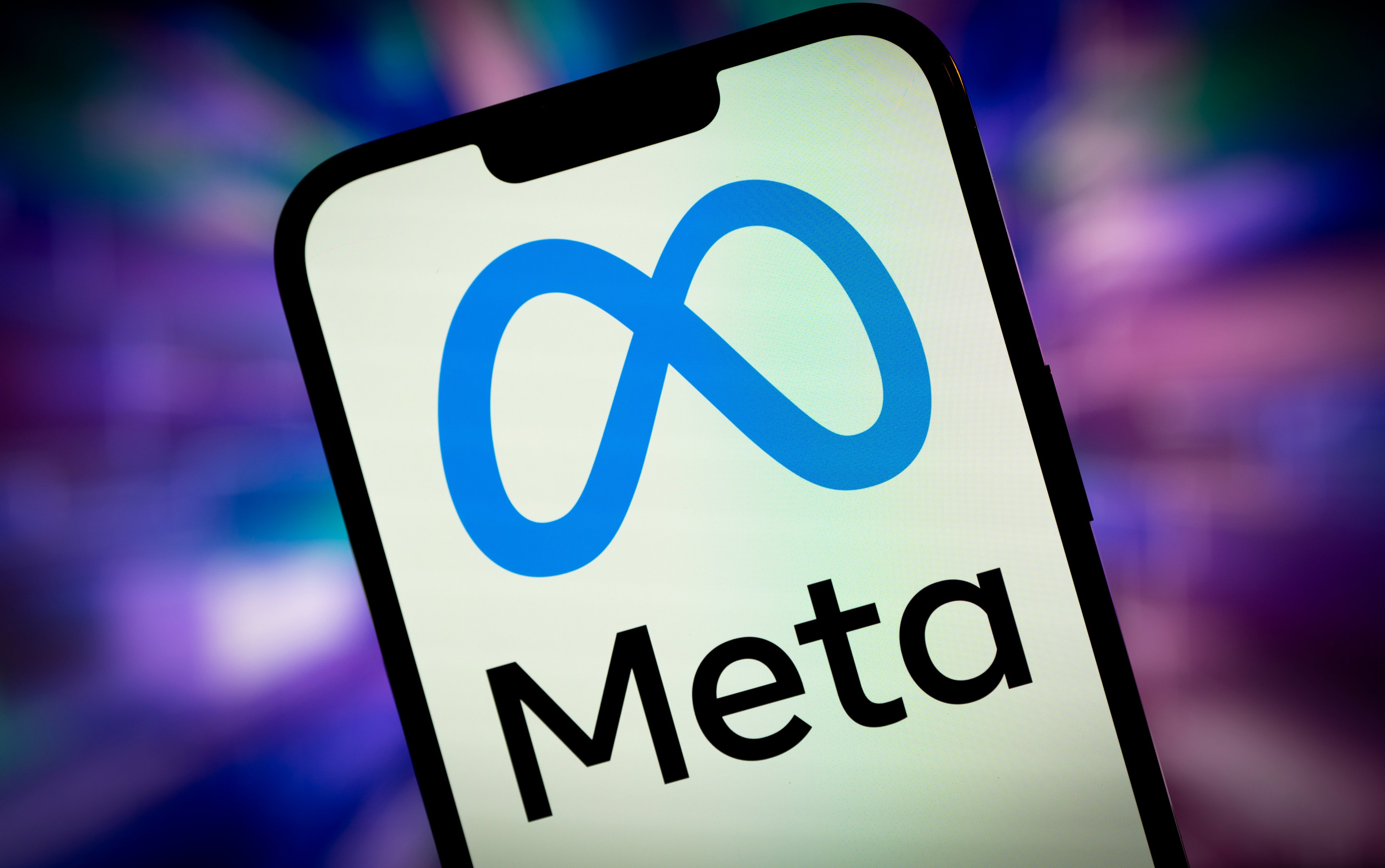Facebook (FB +2.10%) just unveiled a payments system for Messenger that will let users pay each other via messages. The feature will launch for iOS, Android, and PCs over the next few months in the U.S. Payments will be secured by Touch ID on iOS devices and a PIN code for other platforms.
This move is a clear declaration of war against the peer-to-peer payments market, which includes eBay's (EBAY +0.88%) PayPal, Square, and Venmo. Like Square and Venmo, Facebook's peer-to-peer debit card payments will be free. All three services undercut PayPal, which still charges 2.9% plus $0.30 per debit transaction.

Source: Facebook.
Facebook's aggressive blitz on the mobile payments market isn't surprising, since it hired former PayPal CEO David Marcus to run Messenger last June.
With over 500 million monthly active users (MAUs) as of last November, Facebook Messenger certainly has the muscle to marginalize these smaller rivals. Last year, PayPal had 161.5 million active accounts while Square had just 5 million active users. Venmo has been installed less than a million times from Google (GOOG +1.53%) (GOOGL +1.63%) Play.
The evolving market of peer-to-peer payments
PayPal, which will be spun off from eBay later this year, revolutionized peer-to-peer payments by letting users pay each other via email. But social networks, aided by the rapid adoption of smartphones, are now disrupting that framework.
That's why social networks like Facebook, Twitter (TWTR +0.00%), and Snapchat are expanding into mobile payments. Square also spotted this trend -- that's why it integrated its system into Snapchat's new Snapcash app.
Facebook's entry into this market is clever, because it eliminates the need to use two separate apps for chatting and paying. For example, if you have dinner with a group of friends, it's arguably easier to split the bill via Messenger instead of making sure everyone has a PayPal account. That level of convenience could help Facebook tap into the rise of U.S. mobile payments, which research firm Forrester expects to rise from $50 billion in 2014 to $142 billion by 2019.
The tip of the iceberg
Adding peer-to-peer payments to Messenger is just one of Facebook's e-commerce initiatives. Over the past two years, it worked with PayPal, Braintree, and Stripe to auto-fill billing details for e-commerce checkouts, then added a "Buy" button to let users directly purchase products from the News Feed. Facebook claims that it now processes over a million transactions daily.
Meanwhile, more Facebook users are accessing the site from mobile devices. Between the first and fourth quarters of 2014, the percentage of its MAUs on mobile devices rose from 79% to 86%. That's why Facebook unbundled Messenger from its main app last year: It wanted to bolt on new features like mobile payments.
Adding more services can help Facebook boost average revenue per user (ARPU) as MAU growth gradually slows down. Between the first and fourth quarters of 2014, Facebook's year-over-year MAU growth declined from 15% to 13%. However, its ARPU rose from $1.95 to $2.77, thanks to new ad products and higher ad prices.
It's an ecosystem play
Since Facebook is offering its peer-to-peer payment system for free, it's an ecosystem play instead of a monetization one. Facebook is simply trying to lock more users into its Messenger app to bleed out rivals like PayPal, which must monetize payments to survive.
It's also a way to challenge Google, which uses Google Wallet to offer free peer-to-peer payments. Google also doesn't need to monetize Wallet -- it just wants to tether more users to its ecosystem. Facebook and Google have already been battling it out across third-party apps and sites with single sign-ons, and the mobile payments market is just another flashpoint in that ongoing war.

Google Wallet. Source: Google Play.
Lastly, adding payments to Messenger overseas could help it compete against popular Asian chat apps like Tencent's WeChat, which can be used for mobile payments, e-commerce purchases, and mobile gaming. Messenger could also eventually help the 92 million expats on Facebook avoid high remittance fees for international transfers.
The bottom line
Facebook's move into mobile payments is a smart move that could turn the network's massive user base into a huge peer-to-peer payments network. If this initiative gains momentum and locks more Facebook users into Messenger, then PayPal, Square, and Venmo could be in serious trouble.









